As you may have seen through my Instagram, Xmas has been in Sri Lanka for me and my sister this year. Sunny, full of friendly faces and – coconuts. Because with this trip I have had the most exceptional opportunity to visit a fully organic and fairtrade coconut oil manufacturer on the island. I want to share this experience with you, not only to show the process from the coconut to the refined oil, but mainly because I want you to have a choice. To see and know the difference between fairness and exploitation and a sustainable life for all of us.
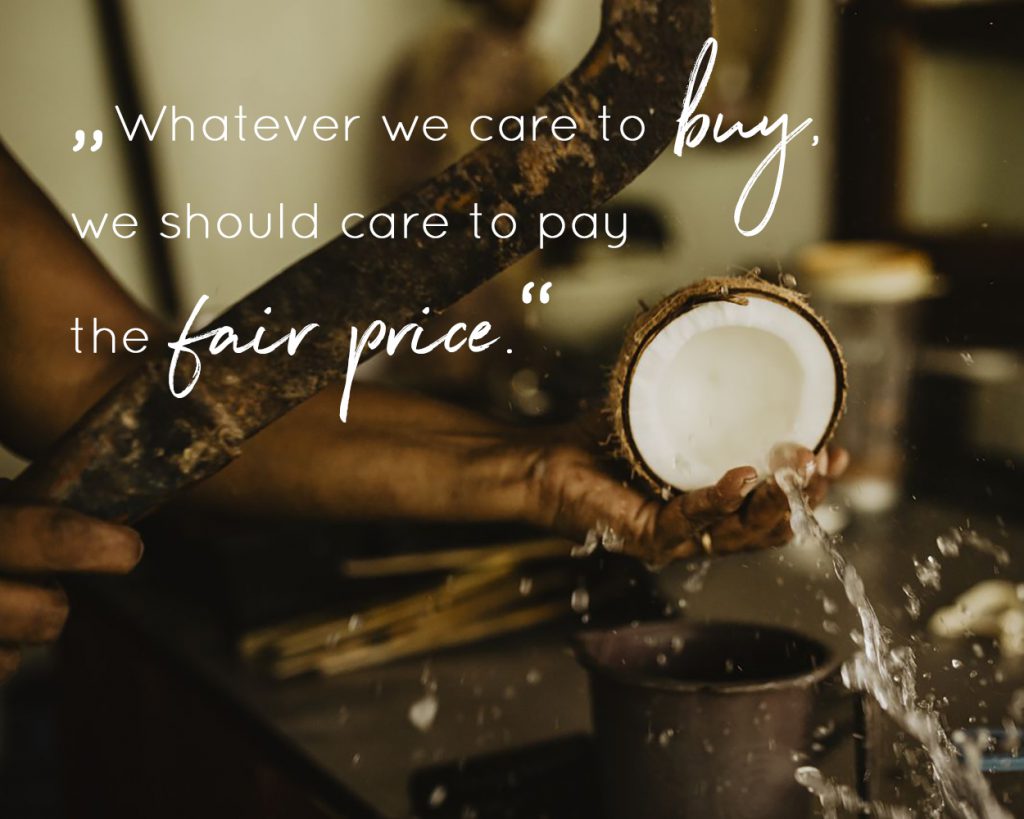
Fairtrade is the origin
Why I was so eager to visit the premises, is the fairtrade aspect. Buying fairtrade food and products is the only way to give people that work hard in order to produce my consumption goods, what they merit. This is THE only way for a sustainable and social future we have.
Think of it this way: As a child you take your mom or dad cooking for you pretty much for granted. You don’t know how much effort it takes to go shopping, to dice the vegetables, to set the table and cook a propper meal, in order to clean the dishes afterwards. BUT the first time you cook for yourself, you realize how much work it is. And most certainly you will appreciate every person that does it for you from now on. By knowing how much effort, time and love has been put into our food, we can easily pay a higher price for it. Because we know and it is honestly worth this price for us.
In Germany over 75% of our groceries sold in the supermarket are processed foods. In the USA it is over 95%. We alienate from our food. We forget how it is harvested, processed and transported. And with it, we forget to pay who harvested, processed and transported our food. What keeps us alive. 100 years ago a family spent 45% of their income on food. Today it is only 15%. We want more, more, more and we want it cheap. Living organic and fairtrade as much as possible brings us back to our origin values and establishes them for everybody.
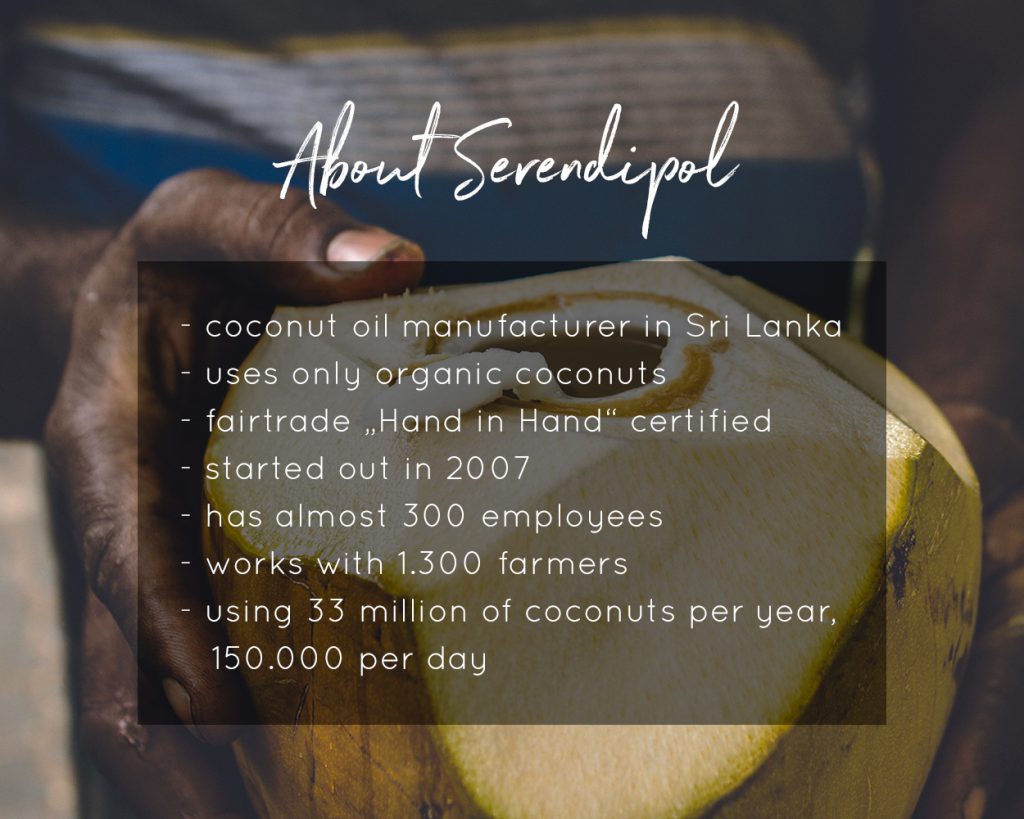
The manufacturer: Serendipol
My sister and I went to see Serendipol, a coconut oil manufacturer in Kuliyapitiya, Sri Lanka. The factory was closed this day due to some remodeling in December to widen the range of products in 2019. But both managers Gordon and his daughter Sonali gladly showed us around the premises and explained every step of the way to us.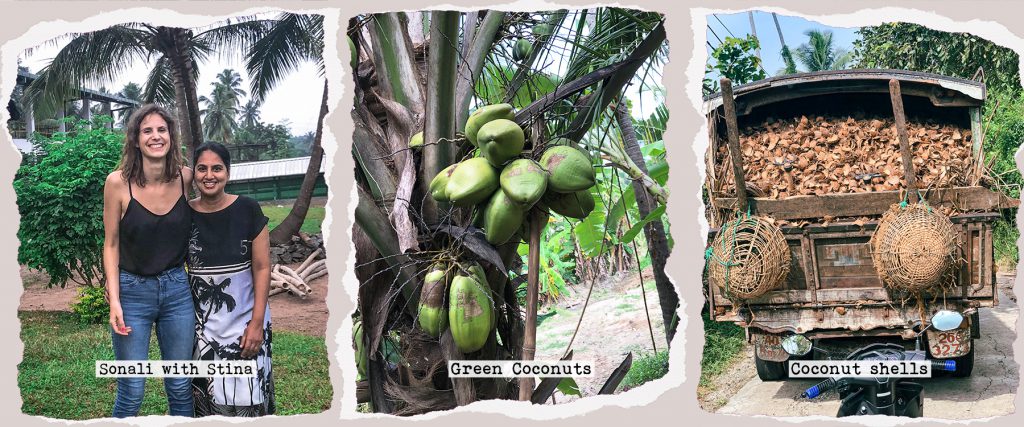
I was impressed to hear that they have grown this remarkable manufacture starting from 2007 with a focus on sustainable and social production right from the start. Serendipol was founded by Mike Bronner and is mainly exporting their virgin coconut to Dr. Bronner’s and Rapunzel Naturkost. Gordon told me that this had only been possible to work with only organic coconuts in a large amount in this short period of time, because they basically started from nothing in 2007. Usually farmers have to wait three years for their coconuts to fit the organic standards in order to sell them with the label and get the organic price for their coconuts. The soil and trees take some time to adjust to the loving care.
The employment in a fairtrade company includes so many fair and social benefits. Not only for the workers themselves, but as we could see, for the whole community and environment around the company. Firstly it allows the employees to get more than minimum wage, which is not so much in Sri Lanka: 9.000 rupies = 45€ a month. In addition the workers get a commission based on their workload. And the next aspect is my favorite as the workers who work for the company all year round get social and financial aid for education, electricity and health care. We got the wonderful opportunity to visit one of the ceremonies where Serendipol gifted a tent to the funeral home in the area, so they could do all upcoming festives in the shadow. We’ve also been to a sewing school for young girls who can learn to sew in a six months training after they graduate in order to start their own business. All financed with the “Hand in Hand” fairtrade bonus. So every time you purchase the right coconut oil in your organic store, this is where your money goes: to the people who honestly earned it. You don’t need to donate something at the end of the year, if all year round you pay people what they deserve for their hard work. And harvesting and manufacturing coconuts is so much handwork.
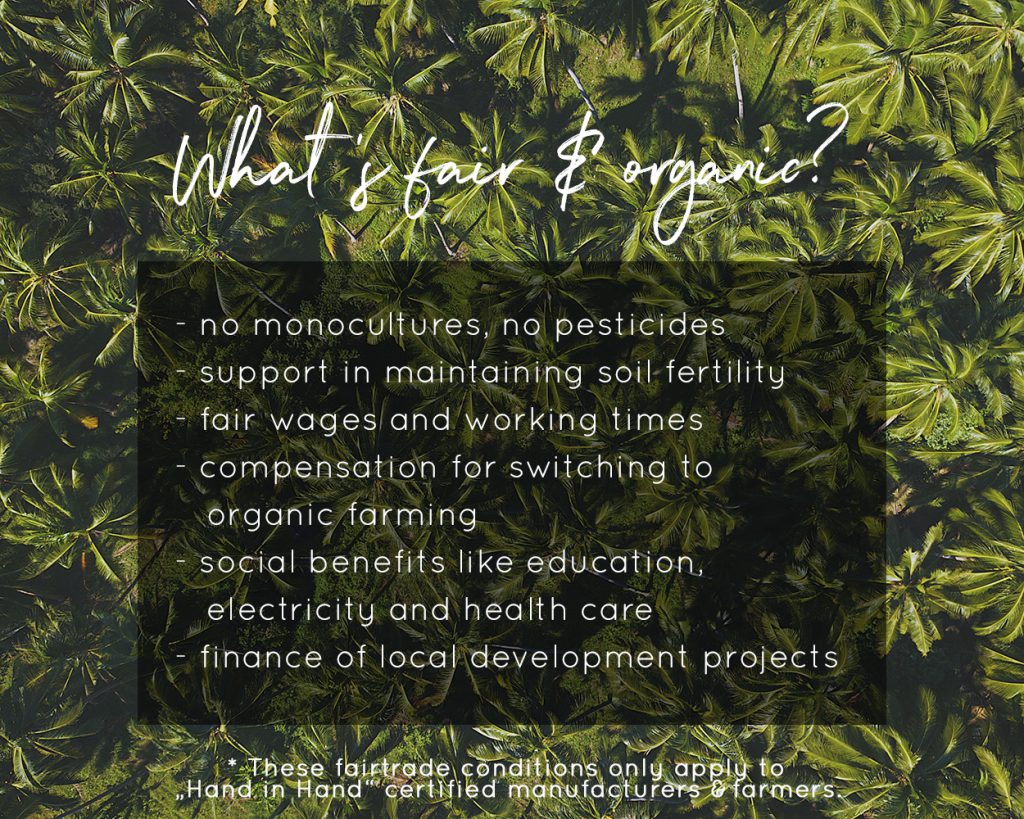
Machines cannot replace manual labour
Serendipol manufactures around 150.000 coconuts every day. The coconuts come directly from the organic farmers, which are tracked by GPS, so no one would stop to load less or non-organic quality for the same price. The coconuts are drilled open and only the workers can smell if the coconut is ripe and has the perfect quality. Then the coconut water is drained.
In the next step the coconuts are opened carefully, always with the assistance of human hands, because every coconut is different. And as Sonali, manager and employee of Serendipol, said it so wonderfully “The people are the heart and soul of this company”.
Most coconut oil is produced with the thinner brown shell. But as it makes the oil slightly yellow some costumers want the shell removed. The flesh is then crushed and dried. In a very slow process finally the coconut oil is pressed and filled in glasses.
Side note: Serendipol has 60% female workers, but also 3 women in management out of forty (still). We hope there is more to come, but for now there simply aren’t women available that match the education requirements. Educations must start from young age in order to build these new managers. To forward the knowledge about organic agriculture Serendipol agriculture graduates teach the farmers, working close with the coconut government board of Sri Lanka. I wish them all the best for the upcoming years to progress in organic farming and spread it even more in the country.
Zero waste Coconuts
Serendipol has developed a system where no part of the coconut goes to waste – I love that so much. Especially seeing that this is not always the way. Often when we guess how companies use their resources – coming from a domestic point of view – we guess wrong. In manufacturer terms disposing of something is often cheaper than reusing it and the disposal with environmental damage comes for free.
In Sri Lanka coconuts are one of the main foods, eeeehm goods. They are used for cooking, for cosmetics and also bowls, spoons and matrasses. So apart from using the flesh for fresh, dessicated coconut or coconut oil, the seedcake is used for meal to feed cattle or coconut flour. The water is sold to manufacturers (which was not always the case, can you believe it?!) and the shells are for the biodegradable system on the premises or sold to make fibre, brickets and so on. Nature is so perfect, we just have to learn what to do with all these precious parts.
This is only a very short reflection on my visit. I don’t want to advertise for coconut oil or any coconut products with this article. But my point is rather that whatever we care to buy, we should care to pay the fair price. This is our planet, it belongs with all of us. And our only chance is standing by it together. For me the first step is taking care of each other. Or at least taking care of the person making my food.
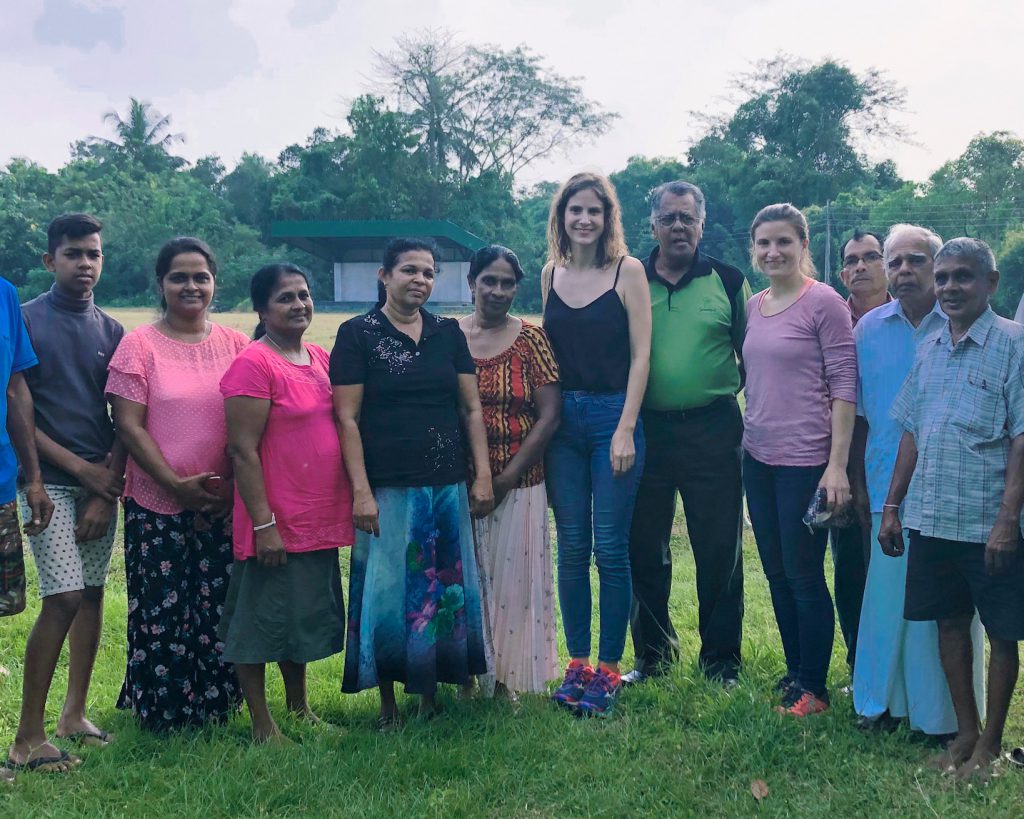
Thank you to Serendipol for taking all this time, the unforgettable hospitality and for answering all my questions. And a huge hug goes to Rapunzel Naturkost for making this visit happen (no paid advertisement). This visit was not paid or sponsored. I only got paid the trip from my camp in Sri Lanka to the premises of Serendipol and back.

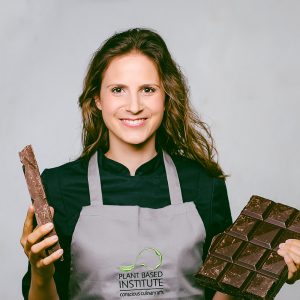
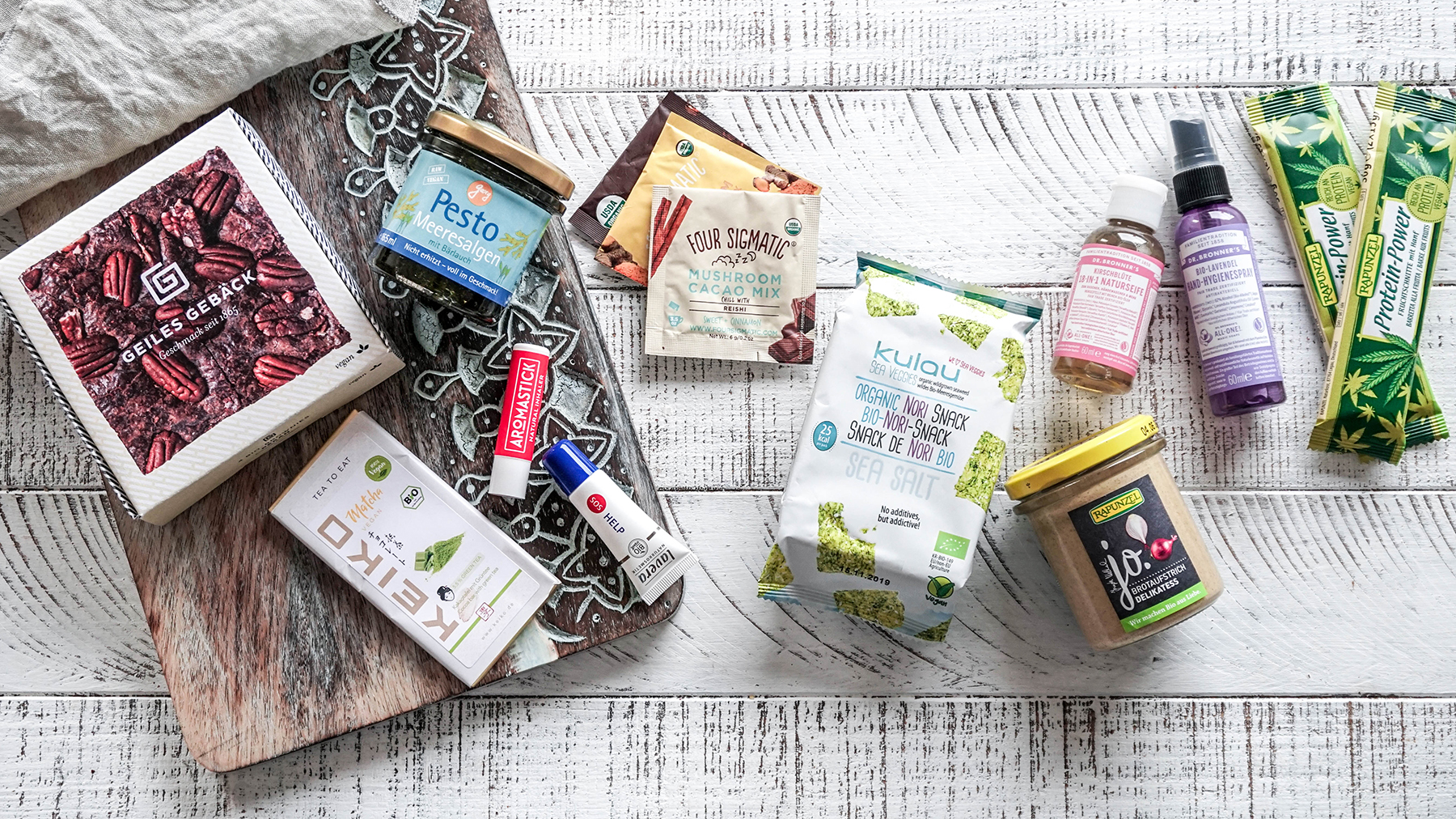
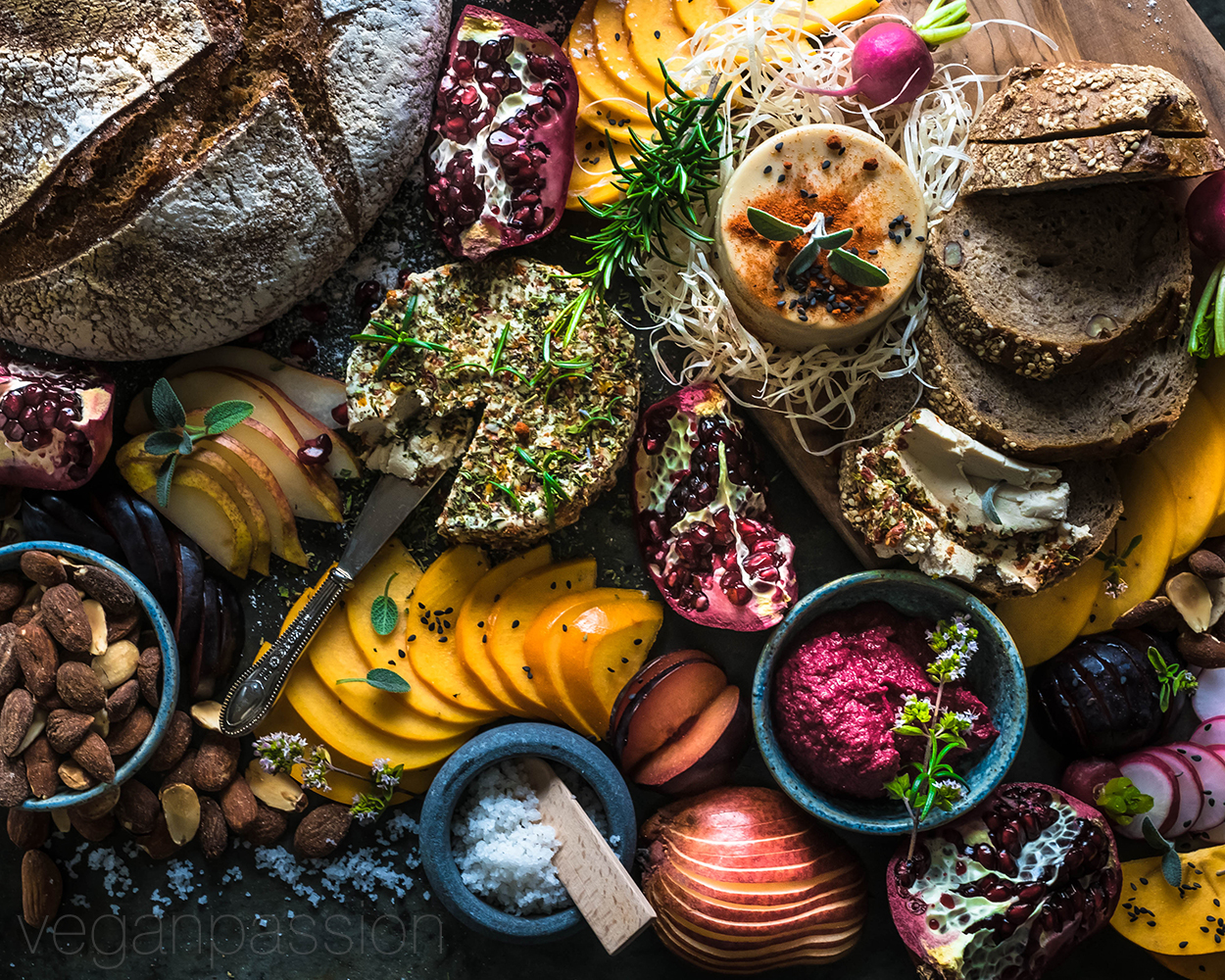
1 Kommentar zu „Why we should value more and consume better“
Wow, super toller Blog und ein wichtiges Thema, auf das du da aufmerksam machst. Weiter so, liebe Stina und vielen Dank für deine leckeren Rezepte. Gerade das Backen habe ich durch dich weiter in mein Portfolio aufgenommen.
Gruß David